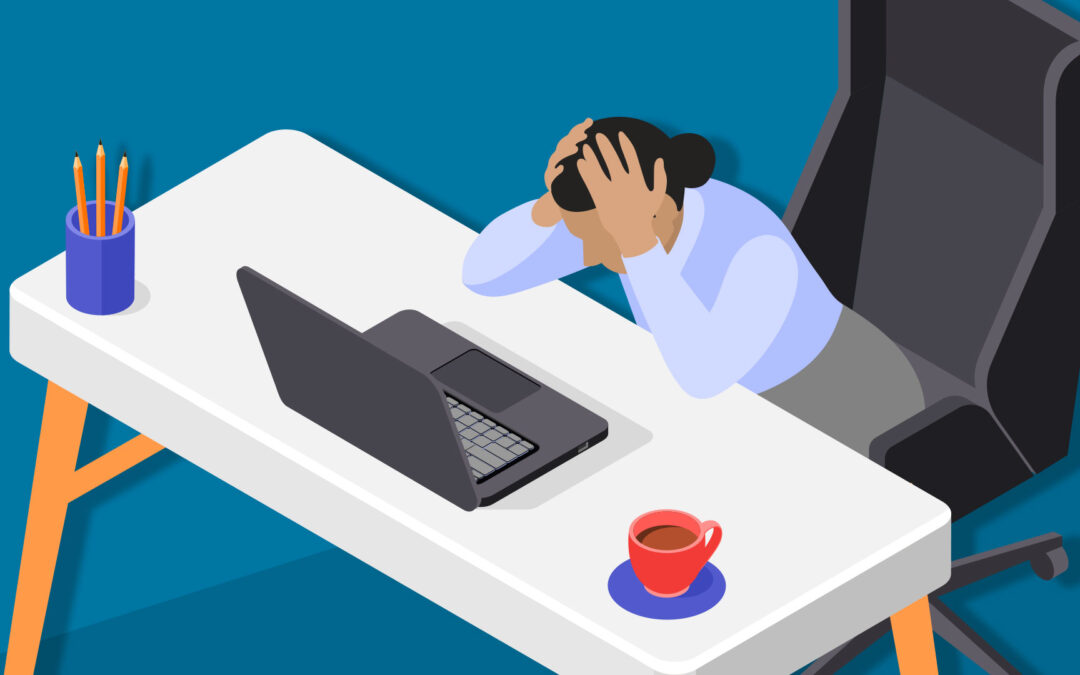In today’s fast-paced and demanding work environments, stress has become an inevitable companion for many professionals.
Balancing work responsibilities with personal life can be a daunting task, often leading to burnout and decreased overall well-being.
However, by implementing effective strategies, you can prevent work stress from taking over your life. Here are some actionable tips to help you maintain a healthy work-life balance and manage stress effectively:
Establish Boundaries
Set clear boundaries between work and personal life. Define specific times for work-related tasks and leisure activities. Avoid checking work emails or taking calls during off-hours unless absolutely necessary.
Communicate these boundaries with your colleagues and supervisors to ensure mutual respect for your personal time.
Prioritize Tasks
Learn to prioritize tasks based on their importance and urgency. Create a to-do list or use task management tools to organize your workload effectively.
Focus on completing high-priority tasks first and delegate or postpone less critical ones when possible. Breaking tasks into smaller, manageable chunks can also help reduce feelings of overwhelm.
Practice Time Management
Develop good time management habits to optimize productivity and reduce stress. Set realistic deadlines for tasks and allocate sufficient time for each activity.
Use techniques such as the Pomodoro Technique, where you work in short bursts with regular breaks, to maintain focus and prevent burnout. Avoid multitasking, as it can lead to decreased efficiency and increased stress levels.
Take Regular Breaks
Incorporate regular breaks into your workday to recharge and rejuvenate your mind and body. Step away from your desk, go for a short walk, or engage in relaxation techniques such as deep breathing or meditation.
Taking breaks can help reduce mental fatigue, improve concentration, and enhance overall well-being.
Foster Supportive Relationships
Cultivate supportive relationships with colleagues, friends, and family members. Share your feelings and experiences with trusted individuals who can offer guidance and encouragement.
Building a strong support network can provide emotional resilience and help buffer the effects of work-related stress.
Engage in Self-Care Activities
Prioritize self-care activities to nurture your physical, emotional, and mental health. Make time for regular exercise, healthy meals, adequate sleep, and relaxation.
Engage in hobbies and activities that bring you joy and fulfillment outside of work. Investing in self-care is essential for maintaining balance and resilience in the face of work-related stressors.
Set Realistic Expectations
Manage your expectations and avoid striving for perfection in every aspect of your work and personal life.
Accept that setbacks and challenges are a natural part of the process and focus on progress rather than perfection. Be kind to yourself and celebrate your achievements, no matter how small.
Seek Professional Help if Needed
If work stress becomes overwhelming and starts to impact your mental or physical health, don’t hesitate to seek professional help.
Consult a therapist or counselor who can provide personalized strategies and support to cope with stress and develop healthy coping mechanisms.
Conclusion
In conclusion, maintaining a healthy work-life balance requires intentional effort and commitment. By implementing these strategies, you can effectively manage work stress and prevent it from taking over your life.
Remember to prioritize self-care, set boundaries, and seek support when needed. With practice and perseverance, you can achieve a fulfilling and balanced life both professionally and personally.

